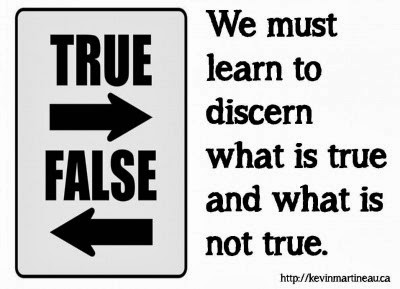Womb Coaching Certification Program
February 17, 2026, mark this date on your calendar for a very special day. The Womb Coaching Certification program is starting February 17 at 6 pm PST with The Institute of Shamanic Medicine . I had the opportunity to attend the program last year with Sheryl-Dawn Watson and Gael Carter, both from The Institute of Shamanic Medicine. As an alumni, I'd like to extend a warm welcome to others who may want to participate in the program coming up. The womb certification program is a 6-month online program (four modules) with one evening class per week (Tuesday's), and I believe one full day per module is held on a Saturday or Sunday. It's definitely best to check with the staff at The Institute of Shamanic Medicine for any recent changes. Just fill out the website's online information form to connect with them. Why enter such a sacred space with two incredibly knowledgeable and trained shamanic practitioners? " Womb Coaching focuses on and assists in the healing of ...



Comments
Post a Comment